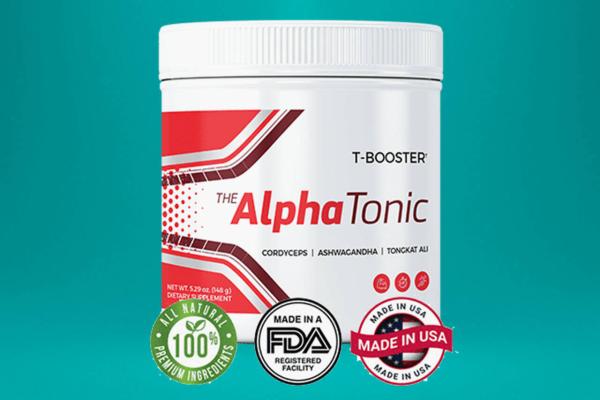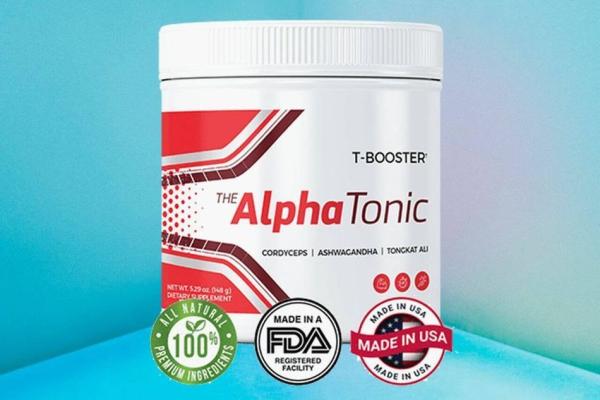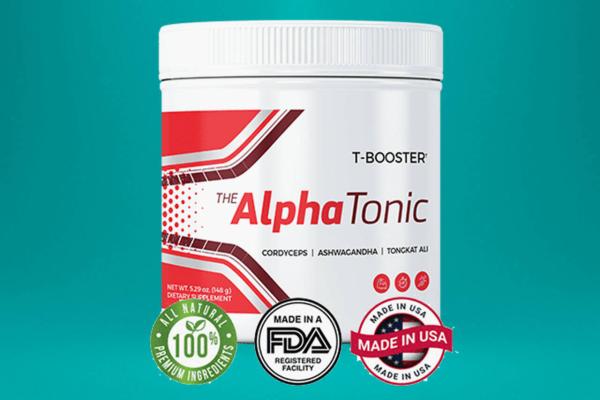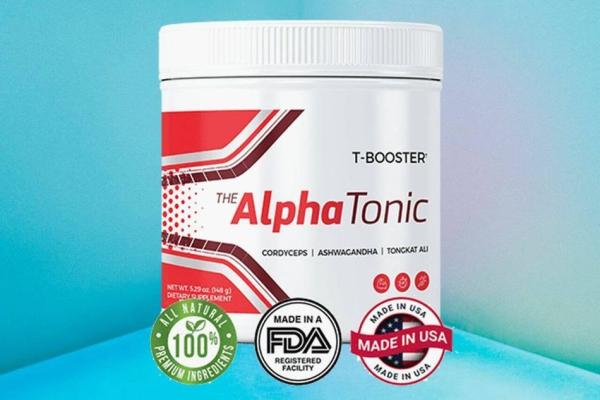
Your metabolic age provides valuable insights into how effectively your body utilizes energy compared to your chronological age. While your ID displays your actual years, your metabolic age reflects the age your body feels from an energy utilization standpoint.
If your metabolic age is higher than your real age, it could signal inefficient energy usage in your body. On the flip side, a lower metabolic age points to optimized metabolic function.
Understanding your metabolic age empowers you to make informed lifestyle choices to enhance your health, vitality, and quality of life. This guide explores what metabolic age means, how to optimize it, and steps you can take to revitalize your metabolism.
What Is Metabolic Age and Why Does It Matter?
Metabolic age indicates how well your body burns calories when at rest compared to others in your age group.
- A metabolic age lower than your real age suggests your metabolism resembles a younger person's. This demonstrates vitality and efficient energy usage.
- A higher metabolic age conversely hints at potential metabolic inefficiencies, typical of older individuals.
Metabolic age provides a snapshot of your metabolism's current state. Tracking it over time allows you to notice meaningful trends and make proactive health decisions accordingly.
While just one marker, optimizing your metabolic age complements improving other health parameters for a fully vibrant life.
Key Factors That Influence Your Metabolic Age
Multiple elements affect your metabolic age score:
- Basal Metabolic Rate (BMR): Your BMR indicates how many calories you burn at rest. A higher BMR raises your metabolic age risk.
- Muscle-to-Fat Ratio: Muscle burns more energy than fat. More muscle lowers your metabolic age, while increased fat raises it.
- Hormone Levels: Balanced thyroid and insulin levels encourage a healthy metabolic score. Imbalances adversely impact it.
- Lifestyle Factors: Smoking, inactivity, and other unhealthy habits accelerate metabolic aging.

Implications of a Younger vs. Older Metabolic Age
The differences between a younger versus higher metabolic age are:
Younger Metabolic Age
- Efficient calorie and energy utilization
- Increased muscle mass percentage
- Extended healthspan potential
- Overall vitality
Older Metabolic Age
- Possible metabolic inefficiencies
- Decreased muscle mass and higher fat percentage
- Increased health risks like diabetes and heart disease
- Accelerated aging
While insightful, metabolic age should be viewed alongside other health markers like cholesterol and blood pressure for a comprehensive wellness picture.
4 Steps to Optimize Your Metabolic Age
Specific lifestyle strategies can enhance your metabolic function and lower your metabolic age:
1. Optimize Your Nutrition
- Consume a balanced, whole food diet with ample veggies, fruits, lean proteins, and whole grains.
- Distribute macros across proteins, carbs, and fats for efficient energy.
- Stay hydrated to support metabolism.

2. Incorporate Regular Exercise
- Perform cardiovascular exercise like jogging, swimming, or biking to boost calorie burn.
- Do strength training to build calorie-burning muscle mass.
- Include flexibility exercises like yoga to complement metabolic improvements.
3. Manage Stress and Sleep
- Get 7-9 hours of quality sleep nightly for optimal rest.
- Practice stress-relief techniques like meditation and deep breathing.
4. Get Regular Check-Ups
- Monitor metabolic age at annual check-ups to see lifestyle impacts.
- Adjust strategies as needed based on changes and feedback.
Optimizing your metabolic age aligns closely with pursuing overall wellness. An actionable approach of smart nutrition, consistent exercise, stress management, and regular check-ins lays the foundation.
Aim for metabolic resilience and vitality through daily lifestyle choices. With commitment to health-enhancing behaviors, achieving a metabolic age aligned with or lower than your years becomes an attainable goal.
Frequently Asked Questions
What causes metabolic age to increase?
Decreased muscle mass, increased fat, inefficient energy use, sedentary living, poor diet, and high stress can increase metabolic age.
What is the best metabolic age?
The best metabolic age aligns with or is lower than your real age, reflecting optimized metabolic function.
Is a younger metabolic age good?
Yes, a younger metabolic age often indicates efficient energy use and overall metabolic health. However, consider it alongside other health markers.
What is a normal metabolic age?
A normal metabolic age matches your chronological age, indicating average energy usage for your age group.
The Bottom Line
While just one marker, metabolic age provides a useful assessment of your metabolism's current efficiency. Optimize your metabolic age and pursue overall wellness through smart lifestyle strategies like a healthy diet, regular exercise, stress management, and routine check-ups.














